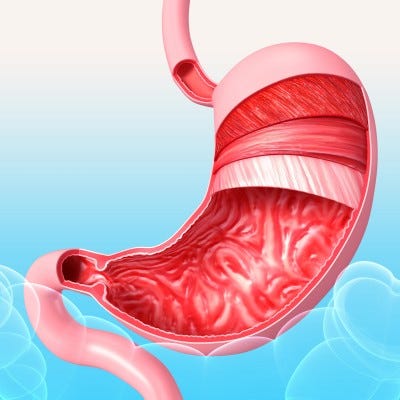Does GERD really cause chronic cough?

Chronic Cough and GERD: A Tangled Connection
Gastroesophageal reflux disease (GERD) is considered to be one of the cardinal causes of chronic cough. A study in Chest challenges that fundamental concept, but comes up short in refuting it.
What They Did
Samantha Decalmer, Rachel Stovold, Jaclyn A. Smith et al conducted a cohort study of 100 patients with chronic cough compared with 32 healthy controls. The investigators provide data questioning the role of gastroesophageal reflux (GERD) as a contributing factor for chronic cough. Investigators recruited subjects with chronic cough to undergo continuous and simultaneous monitoring of cough and esophageal reflux. Cough was measured utilizing a custom built sound recording device and reflux was documented using esophageal impedance with pH monitoring. Study participants also underwent bronchoscopy and induced sputum for measurements of airway pepsin.
What They Found
Utilizing these techniques investigators demonstrated that subjects with chronic cough, compared to healthy volunteers as controls:
Demonstrated an increased number of total reflux events (but only slightly: 63.5 vs. 59);
Did not demonstrate any difference in the pH of reflux events
Did not demonstrate a difference in BAL pepsin or sputum pepsin levels.
Moreover, only a small fraction (5.5%) of chronic cough subjects demonstrated "abnormally" increased reflux within their proximal esophagus (>30 events), and this frequency was similar to the healthy controls (5%). Reflux within the proximal esophagus, however, did correlate with sputum pepsin levels when adjusted for cough frequency. Given that only a small percentage of chronic cough subjects were found to have increased reflux in their proximal esophagus, investigators questioned if GERD is a significant contributor to cough in the majority of chronic cough sufferers. But reflux of gastric contents into the proximal esophagus is not the only potential causal mechanism for cough, and the authors did not account for these many alternative mechanisms by which GERD can exacerbate or cause cough. The authors dismiss distal esophagus reflux as being unable to cause chronic cough, however multiple publications suggest that acid infusion into the distal esophagus can in fact cause cough. This mechanism is believed to be secondary to an esophageal bronchial reflex and is well described by the cough expert Dr. Richard Irwin. In fact, the authors did appreciate that distal esophageal reflux significantly predicted cough frequency: "abnormal" distal reflux (>73 events) occurred almost four times as often in people with chronic cough (37% of subjects) as in healthy controls (10%). Taken together, these results support the previously accepted literature that cough and GERD are likely related, and that this relationship is infrequently related to actual micro-aspiration of gastric contents into the airway. Instead, it is probably distal esophageal reflux that is the main contributor to symptoms. The authors have presented an interesting study, with an uninteresting conclusion. Samantha Decalmer, Rachel Stovold, Jaclyn A. Smith et al. Chronic Cough:Relationship Between Microaspiration, Gastroesophageal Reflux, and Cough Frequency. Chest 2012;142:958-964.


